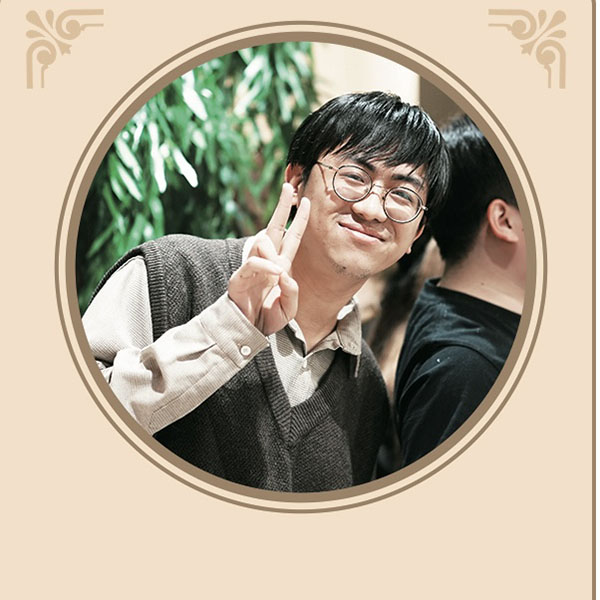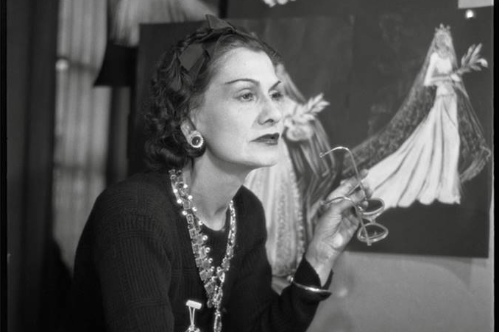Beyond whodunits


The narrative of scripted murder games reveals a shift toward immersive role-play, shaping a vibrant gaming landscape, Li Xinran reports.
"Many scripted murder scenarios don't even include murders anymore. Most of the time, players experience and unveil stories," said Wang Wanyuan, a 26-year-old enthusiast of these immersive games.
Referred to as jubensha in Chinese, scripted murder games are undergoing a captivating evolution, transforming from simple mystery-solving games to immersive live-action role-playing experiences.
Wang Zheng, a 34-year-old scripted murder fan, classifies this genre as part of the live-action role-playing (LARP) gaming category. His introduction to this concept dates back to a board game convention in 2016, where a translated murder mystery game was showcased.
"As scripted murder games continue to develop, some aim to evoke strong emotional responses, some focus on tactical gameplay, and others maintain a traditional murder-solving approach," he explained. "The player count for each game typically ranges from six to eight."
For 27-year-old Zhang Baosong, who ventured into scripted murder in late 2021, the appeal lies in the opportunity to articulate emotions through role-playing.
"I've always been a sentimental person. I might even cry when I'm listening to music or reading a book at home," Zhang said. "Scripted murder is like a platform for me to embrace my sentimental side and engage in immersive storytelling."

Considering the varied preferences within the scripted murder community, Wang Wanyuan observes that different personalities gravitate toward different types of games.
"Those who enjoy making strategies and plotting are often competitive, driven by a strong desire for victory. Those who like solving mysteries and deducing the culprit typically possess sharp logical minds. As for players like myself, who love experiencing emotional narratives, it's easy for us to empathize with and fully immerse ourselves in the roles we play," she said.
Peng Zhicai, 23, serves as both a player and a Dungeon Master (DM) — a term drawn from the tabletop roleplaying game Dungeons and Dragons — whose role is to organize and ensure the smooth progress of the game.
For Peng, the two roles have different charms. "Life is challenging as it is. In my role as a player, I view games as an outlet to vent my emotions, and good stories can provide high-quality emotional release," he said.
In his role as a DM, Peng feels like he acts as a "dream maker", shaping intricate narrative universes and guiding players through their experiences. "Within this dream, we have the power to add, subtract, and modify every element. Players are experiencing the life of someone else, and the richness of their experience depends on the dedication and skills of the DM who weaves these dreams."




































